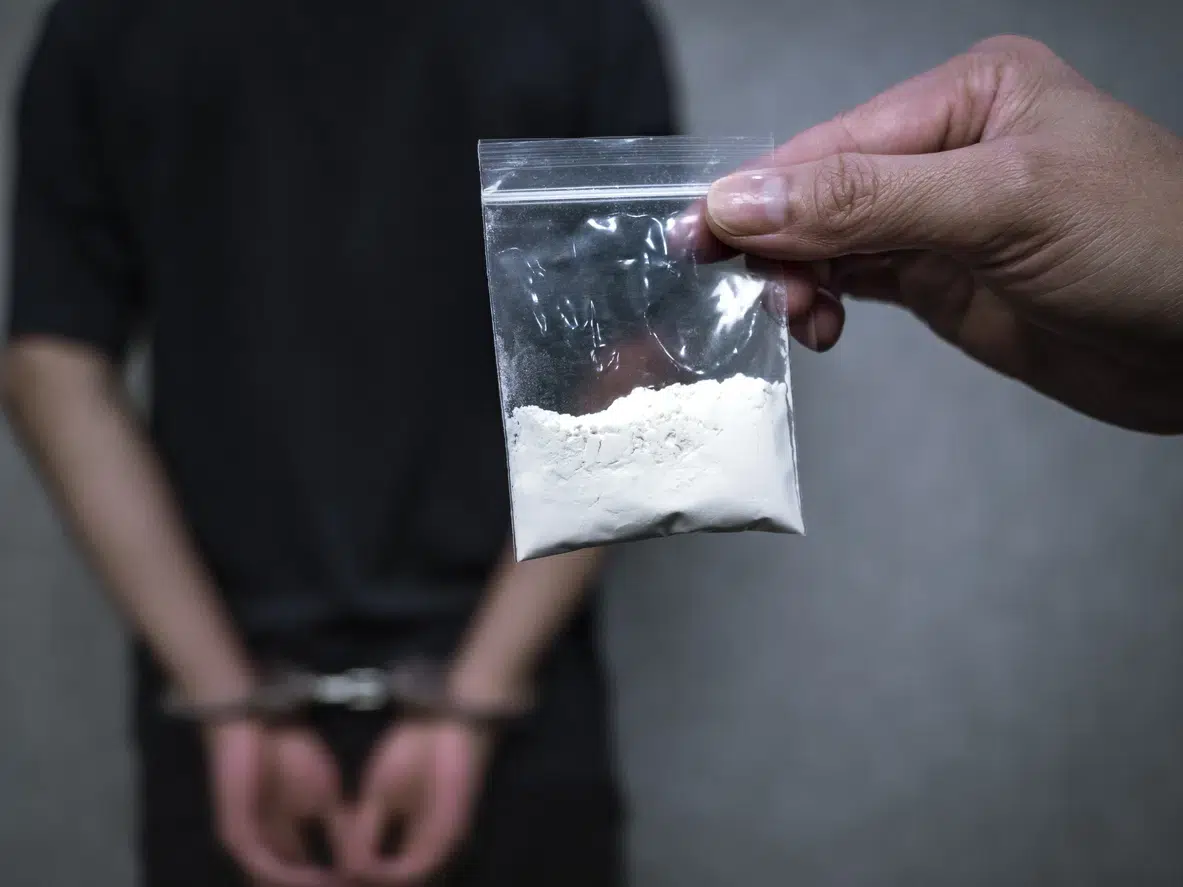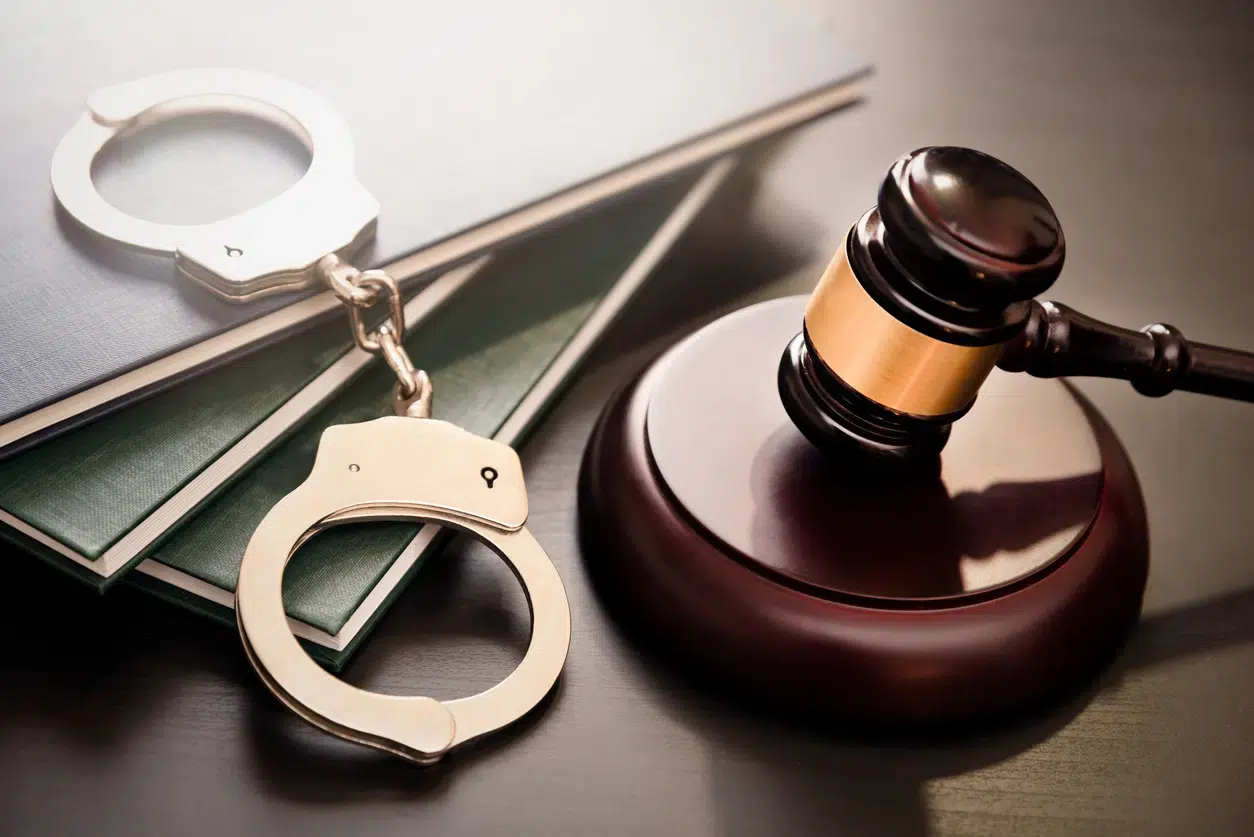Understanding Drug DUI Charges in Virginia
If you’re facing a drug-related DUI charge in Virginia, hiring an experienced drug DUI lawyer is critical to building a strong defense and minimizing the consequences on your job, driver’s license, and other parts of your life.
DUI drug charges involve driving a motor vehicle when impaired by controlled substances, over-the-counter medications, or prescription medications. A drug DUI charge in Virginia carries severe penalties, including license suspension, fines, potential jail time, and impacts on employment or security clearances.
DUI drug offenses are different than alcohol DUIs because there’s no defined legal limit for drugs. The prosecutor must prove you were impaired based on test results or physical signs.
A skilled Fairfax drug DUI lawyer, such as Scott C. Nolan, can evaluate your case, protect your rights, and challenge the basis of the charge. He will also determine the best legal options and craft a strong defense.

Drug Impairment Testing and Legal Challenges
In Virginia, drug impairment testing for DUI cases involves a combination of field sobriety tests, observational assessments, and chemical testing to determine if a driver is impaired by drugs, whether legally obtained or not. These tests, while critical for establishing probable cause and securing convictions, are subject to various legal challenges due to their limitations, especially for drugs compared to alcohol.
Officers begin by observing driving behavior and physical signs. Standardized FSTs, including the Horizontal Gaze Nystagmus (HGN), Walk-and-Turn (WAT), and One-Leg Stand (OLS), are administered to evaluate coordination, balance, and cognitive function. However, these tests are less reliable for drugs than alcohol, as their validation does not fully extend to substances like marijuana, opioids, or stimulants, which produce varied effects.
If drug impairment is suspected, a Drug Recognition Expert (DRE) may conduct a 12-step evaluation, assessing vital signs, pupil response, and muscle tone to identify drug categories. Chemical tests, primarily blood tests, are used post-arrest to confirm the presence of drugs like THC (with a 5 ng/mL threshold for marijuana) or prescription medications.
A skilled drug DUI attorney can challenge the accuracy of the tests, the chain of custody, and the qualifications of the officers performing the tests. Law enforcement may use blood tests, urine tests, or drug recognition experts (DREs) to determine drug impairment. Timing, consent, and procedural errors in drug testing can lead to the suppression of evidence or the dismissal of a case.

Defense Strategies in Virginia DUI Drug Cases
A primary defense strategy in Virginia drug DUI cases involves challenging the reliability of field sobriety tests (FSTs) and officer observations. Standardized FSTs are designed primarily for alcohol impairment and have limited accuracy for drugs (estimated 50-80% for medicines per studies like AAA’s 2017 DRE evaluation).
Your DUI defense lawyer can argue that poor FST performance was due to non-drug factors, such as fatigue, anxiety, medical conditions, or environmental issues like uneven roads or inadequate lighting. Additionally, the officer’s subjective observations can be contested as inconclusive, especially for legally obtained substances like marijuana or prescription drugs.
Contesting Chemical Test Evidence
Another critical defense strategy focuses on challenging the validity of chemical tests, typically blood or urine tests, used to detect drugs like THC, opioids, or other controlled substances. A lawyer can scrutinize the testing process for errors, such as improper sample collection, chain-of-custody violations, or miscalibration of lab equipment, which could lead to inaccurate results.
For prescription drugs, the defense can demonstrate lawful use under a valid prescription and lack of impairment at the time of driving. If the test was delayed, the results may not reflect the driver’s condition during the stop, further undermining the evidence. These challenges can lead to suppressed test results or a weaker prosecution case.
Procedural and Legal Defenses
Procedural errors by law enforcement provide another avenue for defense in Virginia drug DUI cases. A lawyer may argue that the traffic stop lacked reasonable suspicion, rendering the arrest unlawful and any evidence inadmissible. Violations of Virginia’s implied consent law, such as failing to inform the driver of the consequences of test refusal properly, can also be leveraged, especially if the driver refused testing. Additionally, if the driver was not Mirandaized adequately before questioning, any statements obtained may be suppressed.
Penalties and Long-Term Consequences of Drug DUI Convictions
A drug-related DUI conviction in Virginia carries significant penalties like those for alcohol-related DUIs, as the law treats impairment from any substance similarly. For a first offense, penalties include a mandatory 6-month driver’s license suspension, fines up to $2,500, and up to 7 days in jail, particularly if blood tests show THC levels ≥ 5 ng/mL for marijuana or detectable amounts of certain controlled substances.
Offenders must also complete Virginia’s Alcohol Safety Action Program (ASAP) or a comparable drug treatment program, which involves classes, counseling, or monitoring, with associated costs and time commitments.
A second offense within 10 years escalates penalties to a 2-year license suspension, higher fines, and mandatory minimum jail time (20 days if within 5 years, 10 days if within 5-10 years). A third or subsequent offense results in an indefinite license suspension (minimum 3 years), felony charges, and at least 90 days in jail.

How a Fairfax drug dUI Lawyer Can Help
A skilled Fairfax drug DUI lawyer is essential for dealing with the state’s complex legal system and building a robust defense against a drug-related DUI charge. Virginia law treats impairment from drugs, whether illegal, prescription, or legal marijuana, similarly to alcohol DUIs, with penalties including a mandatory 6-month license suspension, fines up to $2,500, and potential jail time for a first offense.
A skilled Fairfax drug dui lawyer will thoroughly review your case details, including police reports, field sobriety test results, and blood or urine test evidence, to identify weaknesses in the prosecution’s case.
Challenging Evidence and Testing Procedures
A key role of your Fairfax drug DUI attorney is to challenge the evidence used to establish drug impairment. Blood and urine tests, critical for detecting substances like THC can be contested for errors in sample collection, chain of custody, or lab analysis. For instance, a lawyer may argue that THC metabolites detected in a blood test indicate past use rather than active impairment, or that a prescription drug was taken lawfully without affecting driving ability.
Negotiating Pleas and Mitigating Consequences
For first-time offenders, your defense lawyer may secure a plea deal that avoids jail time, minimizes fines, or allows a restricted license for work or medical purposes, often with the condition of an ignition interlock device. They can also guide clients through court-ordered requirements, such as Virginia’s Alcohol Safety Action Program (ASAP) or drug treatment, to demonstrate compliance and rehabilitation, which can sway judges toward leniency.
Protecting Your Long-Term Interests
Beyond immediate criminal penalties, a drug DUI conviction can jeopardize your employment, professional licenses, and security clearances, particularly in Virginia’s government and military-heavy regions. Your lawyer works to protect these long-term interests by minimizing the conviction’s impact.
For example, Attorney Nolan can advocate for outcomes that avoid a criminal record or reduce the duration of license suspension. For professionals like nurses, teachers, or CDL holders, a lawyer can liaise with licensing boards to mitigate sanctions or reporting requirements. By providing strategic advice on reporting obligations and preparing for background checks or clearance reviews, your criminal defense lawyer helps clients maintain their careers and livelihoods. Early intervention by a lawyer maximizes the chances of a favorable outcome, preserving both legal and professional standing.
Attorney Scott Nolan is a skilled, experienced DUI defense lawyer. He has over 20 years of proven experience in thousands of misdemeanor and felony cases in Virginia. He has helped hundreds of clients charged with DUI to obtain the best case outcome. He will review your case now in a free consultation to determine your legal options.
Fairfax Drug DUI Attorney FAQs
A drug DUI occurs when a driver operates a vehicle while impaired by illegal drugs, prescription medications, or over-the-counter drugs that affect driving ability.
Penalties may include fines, license suspension, probation, mandatory DUI education programs, community service, and possible jail time, depending on the offense and prior record.
Yes. If a prescription drug impairs your ability to drive safely, you can be charged with a drug DUI, even if the medication was legally prescribed.
Alcohol DUI is based on blood alcohol concentration (BAC), whereas drug DUI focuses on impairment caused by drugs, which may require different testing methods and evidence.
Testing may involve blood, urine, or saliva analysis, along with field sobriety tests and observations of driving behavior to detect impairment.
Yes. An attorney can challenge the accuracy, handling, and interpretation of test results, as well as procedural errors during collection or testing.
First offenses typically result in fines, mandatory DUI education, probation, community service, and possible license suspension, though penalties vary based on the severity of impairment.
Evidence may include blood or urine test results, officer observations, field sobriety tests, dashcam or bodycam footage, and witness statements.
You have the right to remain silent, the right to refuse certain tests under specific circumstances, and the right to legal representation. Improper handling of the stop can be challenged.
Yes. An experienced attorney can negotiate with prosecutors to potentially reduce charges, lower penalties, or explore alternative sentencing options.
Yes. Drug DUI charges can carry serious consequences. A skilled attorney protects your rights, challenges evidence, and works to achieve the best possible outcome.
Depending on the evidence, circumstances, and procedural errors, charges may be reduced or dismissed, particularly for first-time offenders.
Convictions remain on your criminal record and may affect employment, insurance rates, and driving privileges for years.
Yes. Certain professions, including commercial driving, healthcare, and law, may be impacted by a drug DUI conviction, potentially resulting in suspension or revocation of licenses.
Do not admit fault, avoid discussing the case publicly, and contact an experienced Fairfax drug DUI attorney immediately to protect your rights and develop a strong defense strategy.


